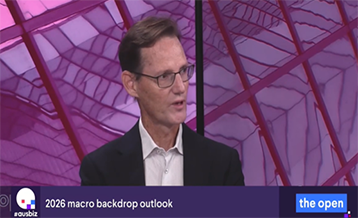News and Insights
Report
Markets kicked off 2026 with momentum as equities climbed commodities surged and Australia’s economy held firm despite rate pressure. With earnings strength building and global growth set to outperform we’re leaning into diversification favouring global equities and ready to pounce on opportunities in Australian Fixed Interest above a 4.5% 10‑year yield.








